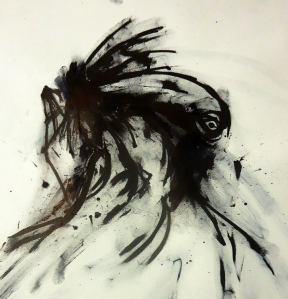 The mosquito is my dad’s nemesis in the insect world. He will go to extraordinary lengths to secure his person from mosquito attack, roaming the corridors on night patrols and jamming mosquito repellent devices into every possible plug socket.
The mosquito is my dad’s nemesis in the insect world. He will go to extraordinary lengths to secure his person from mosquito attack, roaming the corridors on night patrols and jamming mosquito repellent devices into every possible plug socket.
Such devices are usually based on the chemical, N, N-diethyl-meta-toluamide, or DEET. The problem with DEET is it’s expensive, it has nasty effects on our own skin and mosquitos are evolving resistance to it.
But replacing DEET has proven a tricky business, since we don’t really know exactly how it prevents mosquitoes zeroing in on their bloodbag human targets.
Until now.
A team of researchers from the University of California found that mosquito nerve cells in the antenna expressing the receptor Ir40a were crucial for the anti-DEET effect. When this receptor was blocked, mosquitoes became resistant to DEET – and in a nightmarish twist, some became more drawn to its scent.
They then used a computer algorithm to screen over 3000 “natural odours”, including extracts from plants, insects or vertebrates, and ones already approved for use in perfumes, cosmetics and food additives, for their predicted ability to block Ir40a receptors.
Three promising compounds with a “grape-like aroma”, plus a fourth that ants secrete to mark their trail, had strong effects on nerves expressing Ir40a and repelled mosquitos.
Since these compounds already have WHO and FDA approval, they are exciting new candidates for an improved class of bug repellents that could be speedily translated to market.
Kain, P, Boyle, SM, Tharadra, SK, Guda, T, Pham, C, Dahanukar, A, & Ray, A (2013). Odour receptors and neurons for DEET and new insect repellents Nature : 24089210




